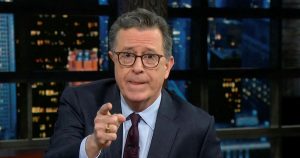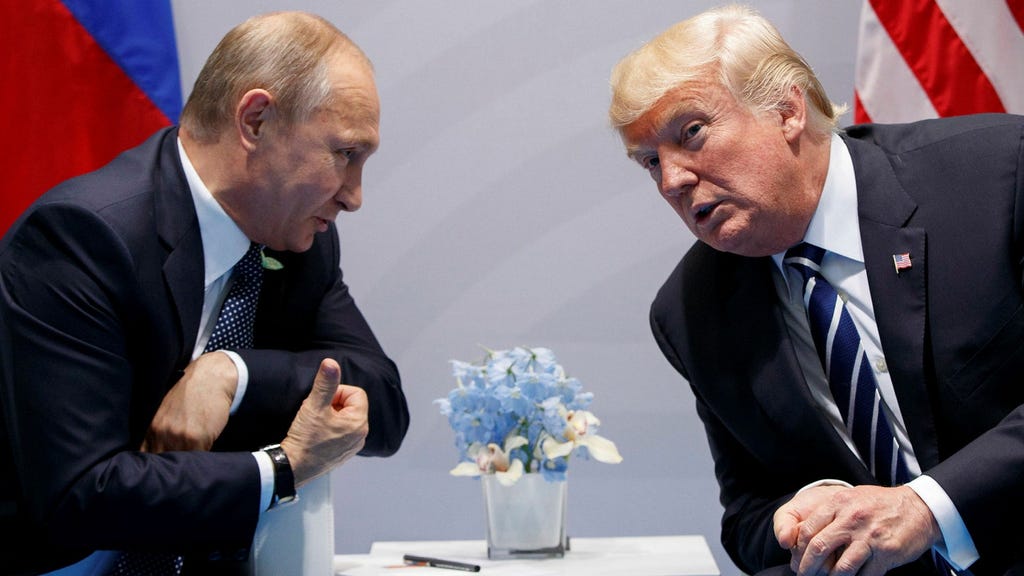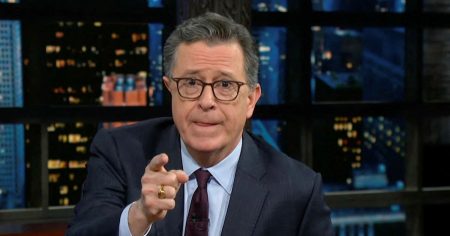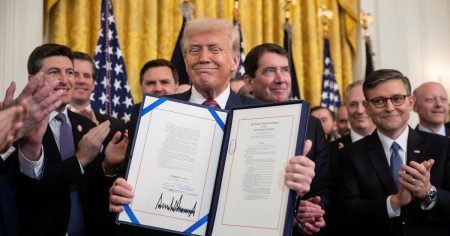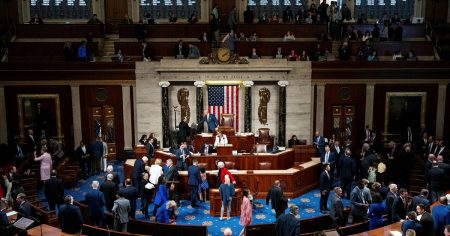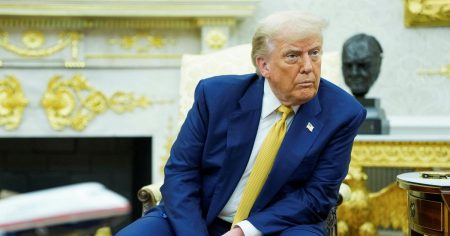Donald Trump’s assembling team, laden with individuals seemingly sympathetic to Putin’s worldview and exhibiting indifference towards Ukraine’s struggle for freedom, raises significant concerns about the future of US foreign policy and the fate of Ukraine should Trump return to power. This potential shift in American stance, away from its current staunch support of Ukraine, could have profound geopolitical ramifications, potentially emboldening Russia, destabilizing Eastern Europe, and undermining the very principles of democratic self-determination. To understand the depth of this concern, it’s crucial to examine the individuals within Trump’s circle, their expressed views, and the potential implications of their influence on a future Trump administration.
Firstly, several prospective appointees have publicly questioned or minimized the significance of Russian aggression in Ukraine. Some have echoed Kremlin talking points, blaming NATO expansion for provoking Russia or casting doubt on the legitimacy of Ukrainian sovereignty. Others have downplayed the severity of Russian war crimes and the humanitarian crisis unfolding in Ukraine. This apparent disregard for the realities on the ground suggests a potential willingness to appease Putin at the expense of Ukrainian self-determination. Moreover, some figures have advocated for reducing or eliminating US military and financial aid to Ukraine, arguing that it’s not in America’s national interest to get involved in a ”regional conflict.” This position not only jeopardizes Ukraine’s ability to defend itself but also sends a dangerous signal to other potential aggressors around the world.
Secondly, the affinity towards Putin’s worldview extends beyond just the Ukraine conflict. Several individuals within Trump’s orbit have expressed admiration for Putin’s strongman leadership style and his nationalist agenda. They see Putin as a bulwark against what they perceive as the decline of Western civilization and the rise of liberal values. This ideological alignment raises concerns about a potential shift in US foreign policy away from its traditional alliances and towards authoritarian regimes. A Trump administration sympathetic to Putin’s worldview could weaken transatlantic relations, undermine NATO, and embolden autocrats globally. It could also lead to a re-evaluation of US sanctions policy against Russia, potentially relieving pressure on the Kremlin and allowing it to further its geopolitical ambitions.
Thirdly, the potential consequences of a Trump administration abandoning Ukraine are dire. Without continued US support, Ukraine’s ability to resist Russian aggression would be severely compromised. This could lead to a complete Russian takeover of Ukraine, extinguishing its sovereignty and setting a dangerous precedent for future territorial disputes. The humanitarian crisis would undoubtedly worsen, with millions more Ukrainians displaced and subjected to Russian oppression. Furthermore, a Russian victory in Ukraine would embolden Putin to pursue further expansionist goals, potentially targeting other former Soviet republics and destabilizing the entire region. It would also send a chilling message to democracies around the world that they cannot rely on the United States for support in the face of authoritarian aggression.
However, it’s important to note that predicting future policy based solely on the views of advisors is inherently speculative. While the presence of pro-Putin figures in Trump’s circle is undoubtedly concerning, it doesn’t guarantee that a second Trump administration would unequivocally abandon Ukraine. Political calculations, public opinion, and geopolitical realities can influence policy decisions in unexpected ways. Furthermore, the US Congress, with its power of the purse and oversight authority, can also play a significant role in shaping foreign policy, potentially acting as a check on a president’s more extreme inclinations. The bipartisan support for Ukraine that currently exists in Congress could limit the extent to which a Trump administration could alter US policy.
Nevertheless, the composition of Trump’s team raises serious red flags. The apparent sympathy for Putin’s worldview among his advisors suggests a potential shift in US foreign policy that could have devastating consequences for Ukraine and the broader international order. The international community, particularly European allies, should be prepared for a potential change in US policy and consider how to maintain support for Ukraine even in the absence of strong American leadership. The coming months and years will be crucial in determining the future of US-Russia relations and the fate of Ukraine. Vigilance, robust diplomacy, and continued support for Ukrainian sovereignty are essential to counteracting the potential negative consequences of a Trump administration influenced by pro-Putin sentiments. The democratic world must stand united in defense of the principles of self-determination and international law, regardless of the political landscape in the United States.




